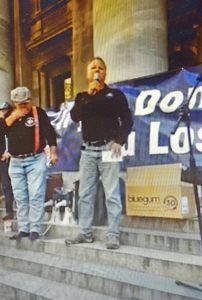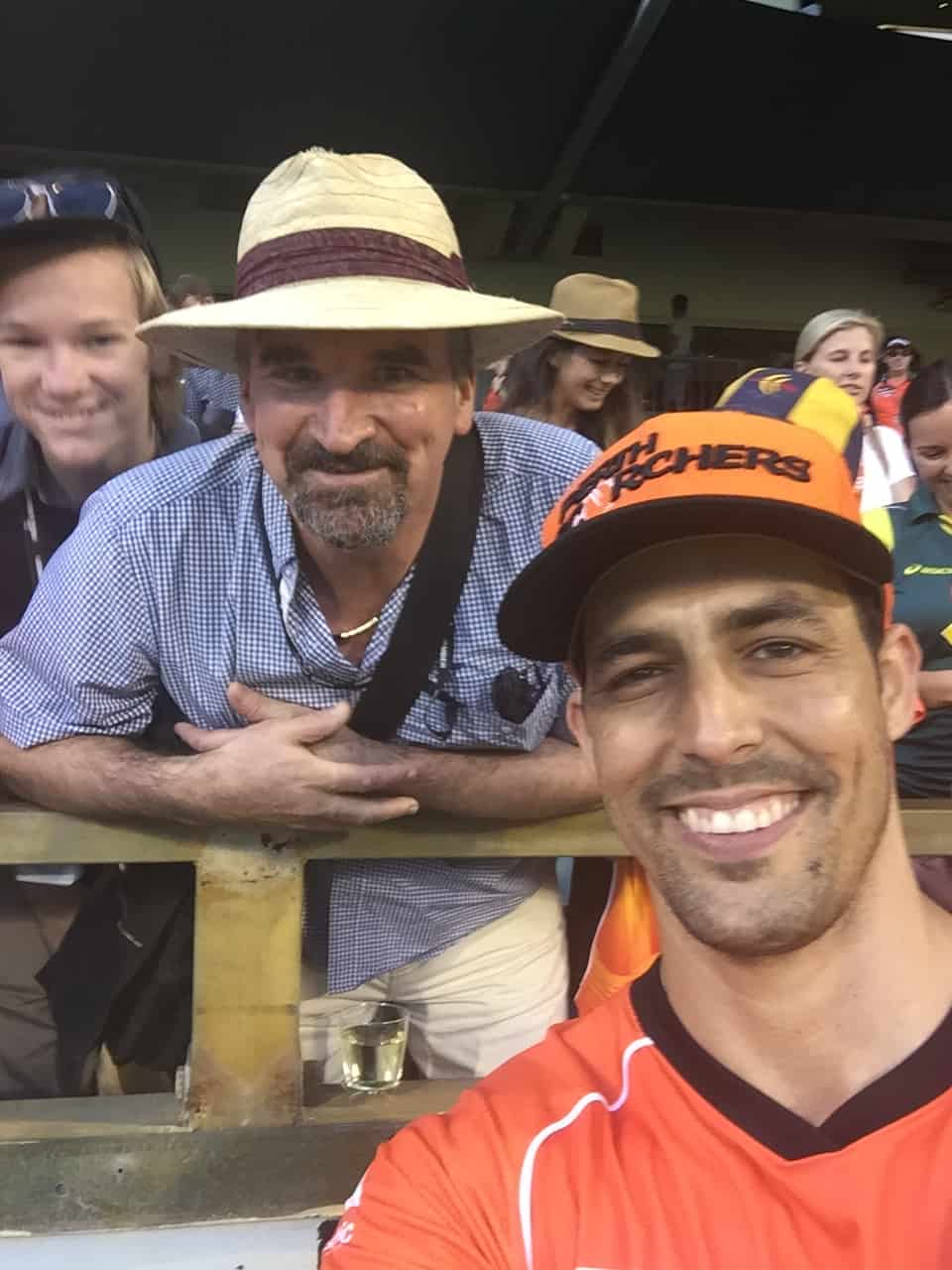 The South Australian Branch of the Construction Forestry Mining and Energy Union (CFMEU) held a protest rally in Adelaide on 15 February 2017 in response to the political negotiations in Australia’s Parliament about the reintroduction of, what the union sees as, anti-union legislation. Throughout the rally’s presentations (available online through the CFMEU Facebook page), the issue of occupational health and safety (OHS) was raised and it is worth looking closely at what was said and the broader political and safety context.
The South Australian Branch of the Construction Forestry Mining and Energy Union (CFMEU) held a protest rally in Adelaide on 15 February 2017 in response to the political negotiations in Australia’s Parliament about the reintroduction of, what the union sees as, anti-union legislation. Throughout the rally’s presentations (available online through the CFMEU Facebook page), the issue of occupational health and safety (OHS) was raised and it is worth looking closely at what was said and the broader political and safety context.
The issues to be addressed in the protest rally included Senator Nick Xenophon’s “deal” with Prime Minister Turnbull that the CFMEU claims will:
- ” Make our workplaces less safe
- Put more overseas visa workers on our building sites
- Cut the number of apprentices in South Australia
- Threaten job security and increase casual jobs
- Fail to mandate Australian made products on construction sites”
After Joe McDonald opened the rally, the Secretary of the CFMEU SA, Aaron Cartledge (pictured above), spoke about how workers in South Australia had been dudded on safety because the health and safety representatives (HSRs) cannot call on external safety advisers to help them with an OHS matter. This may be the case but Cartledge’s comments illustrate a common perspective of trade unionists – a reluctance to consider safety management strategies other than those dependent on HSRs.


 Occupational health and safety (OHS) law in the United States has little impact on that of any countries outside of North America. But the response to those OHS laws by US and multinational companies indicates corporate approaches to workplace safety and this can spread round the world. The anticipated strategy to worker safety under the Presidency of Donald Trump is expected to be harsh, if he attends to it at all.
Occupational health and safety (OHS) law in the United States has little impact on that of any countries outside of North America. But the response to those OHS laws by US and multinational companies indicates corporate approaches to workplace safety and this can spread round the world. The anticipated strategy to worker safety under the Presidency of Donald Trump is expected to be harsh, if he attends to it at all.